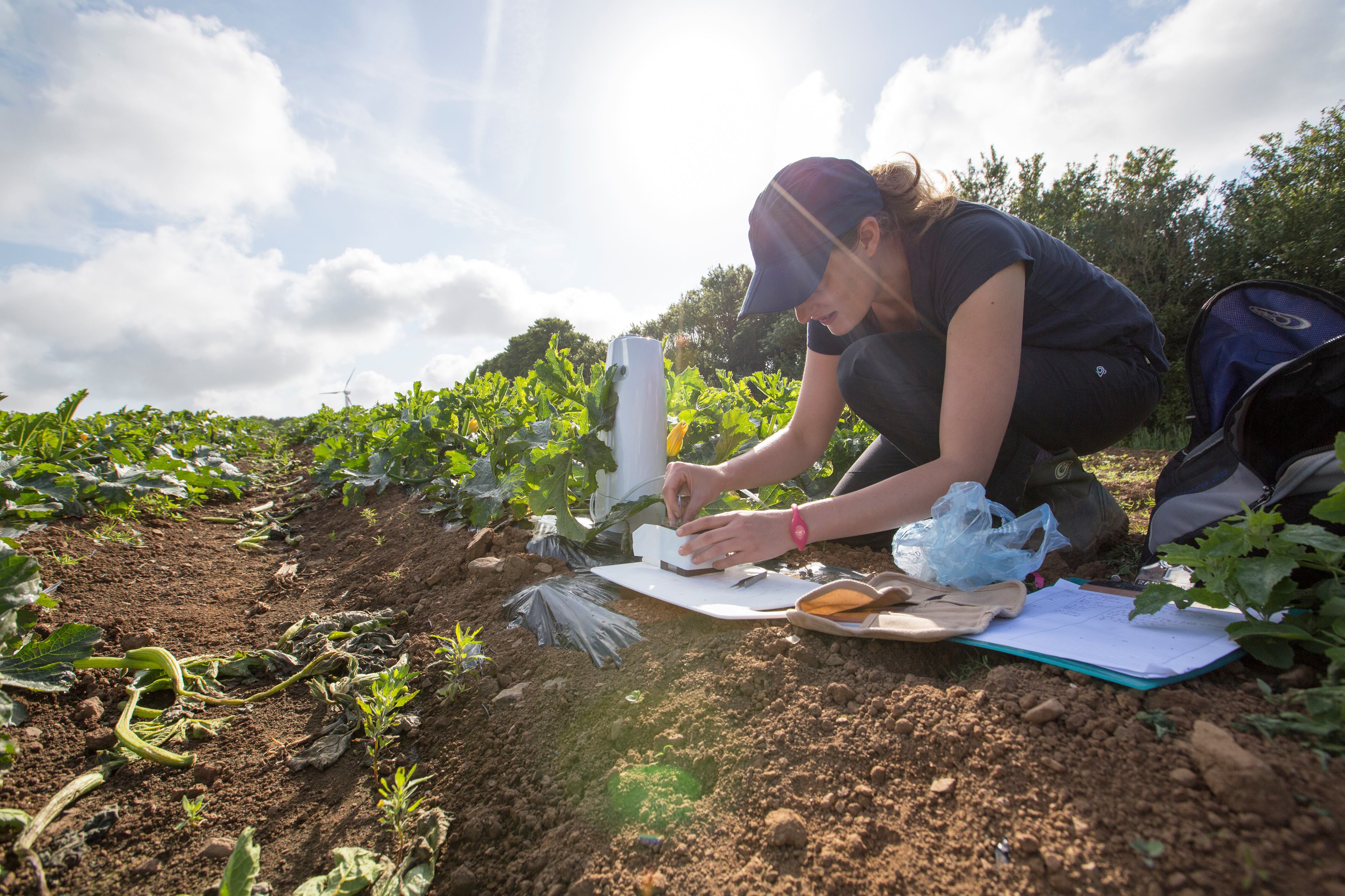What’s it like to be an ecologist? And why is the study of ecology so important? We speak to Dr Jessica Knapp on what her job is like day-to-day and her advice for future scientists.
What does being an ecologist involve?
In the summer I’m out in the field looking at bees. In the winter I’m analysing data and presenting my findings to people through scientific papers and conferences. I also talk to the public about the work that we do. Going to agricultural shows, speaking to kids and dressing up as bees. We do not just research, we communicate our findings.
I love that I get to work outside in the summer. It is my time to reset. I’d hate being stuck doing the same stuff all the time.
I work with farmers a lot as we’re working in their fields. We’re trying to work out how we can best manage pollinators for their conservation and pollination. Some pollinators have declined and they’re vulnerable to human disturbance and habitat loss. I hope to find ways we can have healthy pollinator populations and productive farmland.
I guess I am a scientist. More specifically an ecologist. I’m keen to break the stereotype of people in lab coats.
What motivated you to become an ecologist?
I have always been motivated to do something to look after the environment but I was never sure what that would actually be. I’d always thought I wanted to work for a charity. I am not one of those people who always knew what they wanted to do.
Read more: How do I decide what to do with my life?

What tips do you have for those who aren’t sure what they want to do?
Do what you enjoy doing. That’s what I always did. Work hard otherwise you’re not going to go anywhere.
At university, I did what I wanted to do. I did not think about careers at all. I did a degree in geography and ecology. It felt like the right fit for me.
In my third year at university, I thought I would like to do a masters. I felt like I wanted to have some more time. When I did my masters I thought ‘I like research’.
What about tips for people who want to work in science and ecology?
To progress in research I knew that I really needed a PhD. Fortunately, you get paid while getting the qualification so it was a great way to have a job. While I am in academia, I do not want to be a professor, I’m here because I like the research I get to do.
My advice for those wanting to get into the industry is to get lots of work experience. Ask universities if you can work on a research project or volunteer for a charity.
If you want to stay in academia you need to decide what you want to specialise in after your degree and look at universities that specialise in that area.
Don’t worry too much about grades. It really does not matter. I have a 2:1 and it hasn’t held me back. That’s where having good work experience comes in. As long as you’re a nice person and you work hard, you will do well.
Tell us about your career highlights so far
My proudest achievement was getting my PHD. I cried my eyes out when I handed my thesis in and I can’t believe I did it.
Something I found pivotal in my career is when I had my first published paper accepted. Since then I have not looked back. Having my work evaluated and accepted in the community is a wonderful thing. It was published in a good journal as well, that was super cool.
My final piece of advice for following your career dreams is this: Remember your reasons for why you’re actually doing it. You have got to do a job you love.
Read more: How do I decide what to do with my life? Here’s how to uncover your passion
